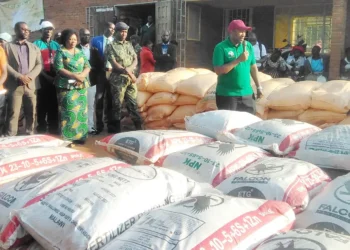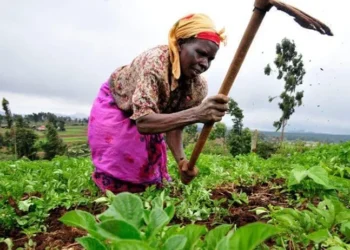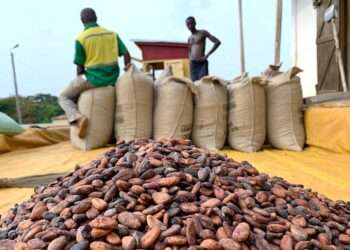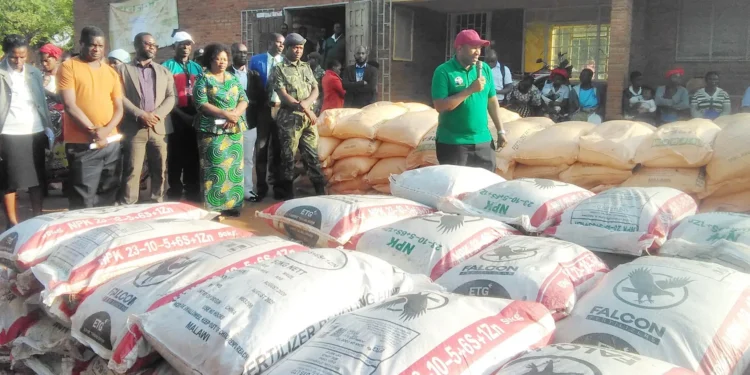According to a study conducted by a team of researchers from the University of Ghana, most farmers in the country sell vast amounts of their farm produce including, food they reserved to eat for the rest of the year due to the high level of poverty they are facing.
Some of the farmers who plant crops like maize, sorghum, yam and rice also sell all their produce because they need the money to survive. This indicates that, even the farmers that engage in small scale farming have to exchange their meagre produce for cash in order to survive the standard of living in Ghana.
A researcher from the Institute of Statistical, Social and Economic Research (ISSER) of the University of Ghana, Dr. Fred Dzanku explained that, these farmers have responsibilities to fulfill and they have to make sure these responsibilities are taken care of.
“They [ the farmers] have children who go to school, and since they do not have any other source of income, they sell [their produce] to take care of their needs.”
Dr. Fred Dzanku
Dr. Fred Dzanku also stated that most of these farmers invested their resources to the production of non-food cash crops, even in highly commercialized regions like Accra. These practices according to the study, may lead to food insecurity in the country.
The research which was centered on land commercialization, was geared towards gendered agrarian transformation and the right to food.
The Demeter Project
The Demeter project which was carried out from the year 2015-2022, is a project carried out to strengthen the knowledge on the relationship among food and security, the right to food and gender equality to enable the people to claim their rights. It was also carried out to encourage government to facilitate the importance of the objective of the project.
The two countries that were used for the research were Ghana and Cambodia, however the presentation in Ghana was centered on the findings and observations in Ghana. The study was done in four districts in four regions in Ghana.
The seven -year Demeter project is financially supported by the Research for Development Project of the Swiss National Science Foundation, and the Swiss Agency for Development and Cooperation.
Dr. Dzanku also gave suggestions on how to deal with the over- commercialization of farm produce. He stated that in the short term, farmers should be educated on how they can invest a certain proportion of their land to food production. While the farmers are being educated on this, the state must invest in good roads, infrastructure and storage facilities in the long term.
Another member of the research team, Dr. Gertrude Dzifa Torvikey, in the presentation of her work which was centered on the political economy of food security in Ghana, made a statement emphasizing on how important the industrial production of cassava is.
“The state and policy makers should map out what cassava means in the development of the nation and its position in the future development agenda.”
Dr. Gertrude Dzifa Torvikey
During the early years of the research in 2015, the principal investigator of the research team, Professor Dodzi Tsikata indicated that, there were 800 million chronically food insecure people, with 50 percent living on small farms, 20 percent landless with women and girls constituting 70 percent.
READ ALSO: Italian Embassy Marks 7th Edition Of Italian Cuisine And Wine Week























